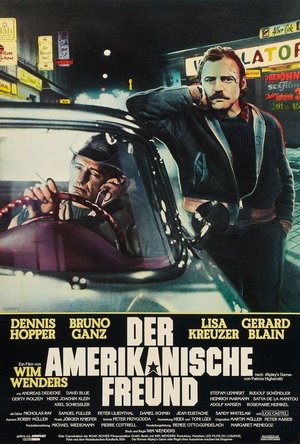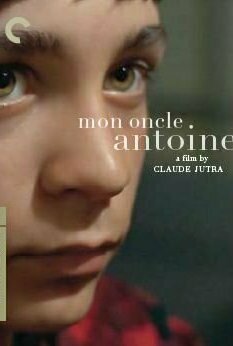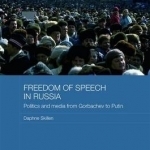
Freedom of Speech in Russia: Politics and Media from Gorbachev to Putin
Book
This book traces the life of free speech in Russia from the final years of the Soviet Union to the...
Lev Kalman recommended The American Friend (1977) in Movies (curated)
Susie Bright recommended Mon oncle Antoine (1971) in Movies (curated)
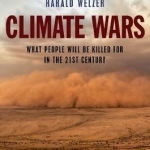
Climate Wars: What People Will be Killed for in the 21st Century
Book
Struggles over drinking water, new outbreaks of mass violence, ethnic cleansing, civil wars in the...
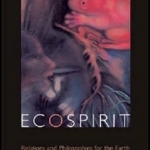
Ecospirit: Religions and Philosophies for the Earth
Laurel Kearns, Catherine Keller, Karen Baker-Fletcher and Whitney A. Bauman
Book
We hope-even as we doubt-that the environmental crisis can be controlled. Public awareness of our...

Slim by Design: Mindless Eating Solutions for Everyday Life
Book
In this paradigm-shattering book, leading food psychologist Brian Wansink PhD offers a radical new...
Health fitness food
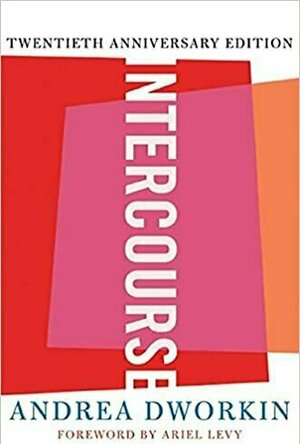
Intercourse
Book
Andrea Dworkin, once called "Feminism's Malcolm X," has been worshipped, reviled, criticized, and...
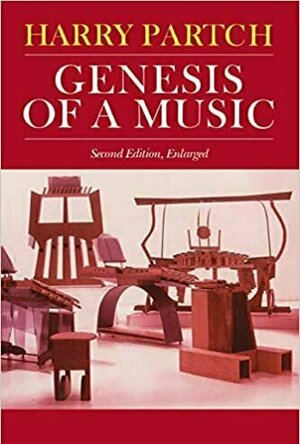
Genesis of a Music
Book
Among the few truly experimental composers in our cultural history, Harry Partch's life (1901-1974)...
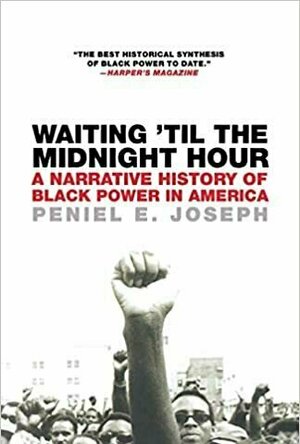
Waiting 'Til The Midnight Hour: A Narrative of Black Power in America
Book
"Once in a while a book comes along that projects the spirit of an era; this is one of them . . ....
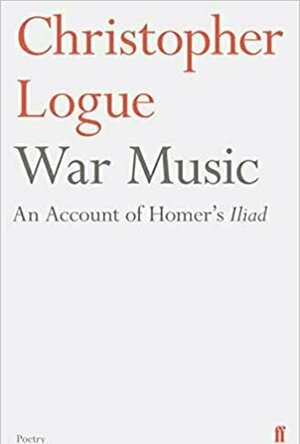
War Music
Book
For the second half of his long life, Christopher Logue (1926-2011) - political rebel, inventor of...
